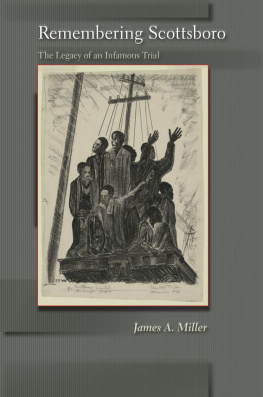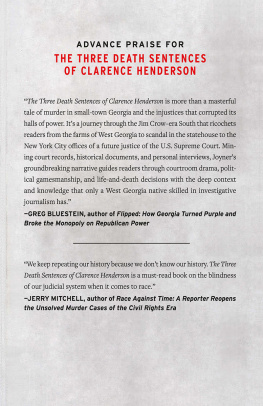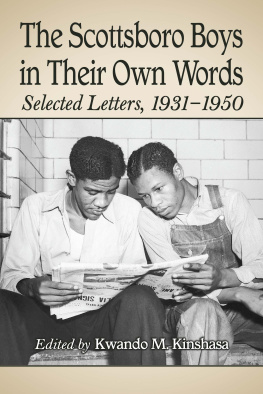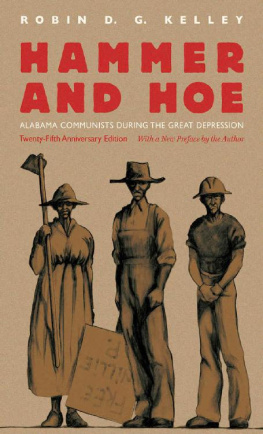James A. Miller - Remembering Scottsboro: The Legacy of an Infamous Trial
Here you can read online James A. Miller - Remembering Scottsboro: The Legacy of an Infamous Trial full text of the book (entire story) in english for free. Download pdf and epub, get meaning, cover and reviews about this ebook. year: 2021, publisher: Princeton University Press, genre: Romance novel. Description of the work, (preface) as well as reviews are available. Best literature library LitArk.com created for fans of good reading and offers a wide selection of genres:
Romance novel
Science fiction
Adventure
Detective
Science
History
Home and family
Prose
Art
Politics
Computer
Non-fiction
Religion
Business
Children
Humor
Choose a favorite category and find really read worthwhile books. Enjoy immersion in the world of imagination, feel the emotions of the characters or learn something new for yourself, make an fascinating discovery.
- Book:Remembering Scottsboro: The Legacy of an Infamous Trial
- Author:
- Publisher:Princeton University Press
- Genre:
- Year:2021
- Rating:3 / 5
- Favourites:Add to favourites
- Your mark:
Remembering Scottsboro: The Legacy of an Infamous Trial: summary, description and annotation
We offer to read an annotation, description, summary or preface (depends on what the author of the book "Remembering Scottsboro: The Legacy of an Infamous Trial" wrote himself). If you haven't found the necessary information about the book — write in the comments, we will try to find it.
How one of the greatest miscarriages of justice in the United States continues to haunt the nations racial psyche
In 1931, nine black youths were charged with raping two white women in Scottsboro, Alabama. Despite meager and contradictory evidence, all nine were found guilty and eight of the defendants were sentenced to deathmaking Scottsboro one of the worst travesties of justice to take place in the post-Reconstruction South. Remembering Scottsboro explores how this case has embedded itself into the fabric of American memory and become a lens for perceptions of race, class, sexual politics, and justice. James Miller draws upon the archives of the Communist International and NAACP, contemporary journalistic accounts, as well as poetry, drama, fiction, and film, to document the impact of Scottsboro on American culture.
The book reveals how the Communist Party, NAACP, and media shaped early images of Scottsboro; looks at how the case influenced authors including Langston Hughes, Richard Wright, and Harper Lee; shows how politicians and Hollywood filmmakers invoked the case in the ensuing decades; and examines the defiant, sensitive, and savvy correspondence of Haywood Pattersonone of the accused, who fled the Alabama justice system. Miller considers how Scottsboro persists as a point of reference in contemporary American life and suggests that the Civil Rights movement begins much earlier than the Montgomery Bus Boycott of 1955.
Remembering Scottsboro demonstrates how one compelling, provocative, and tragic case still haunts the American racial imagination.
James A. Miller: author's other books
Who wrote Remembering Scottsboro: The Legacy of an Infamous Trial? Find out the surname, the name of the author of the book and a list of all author's works by series.











